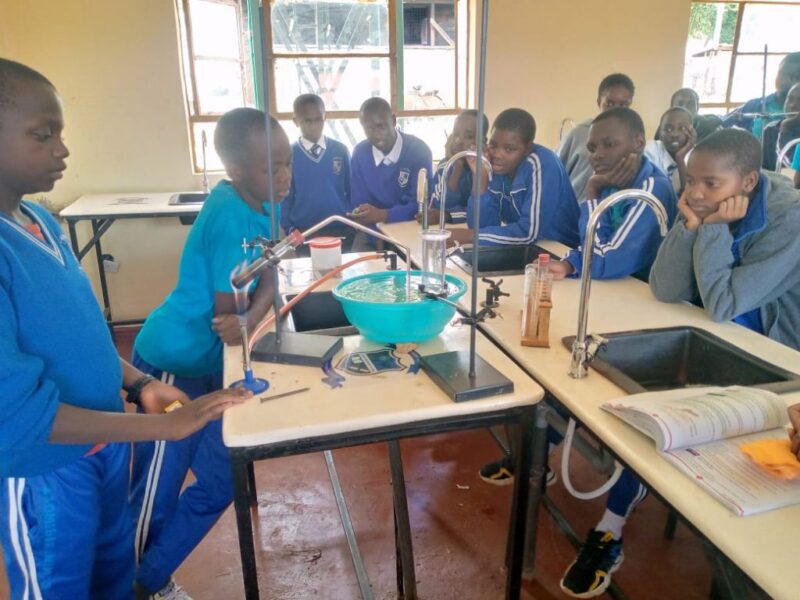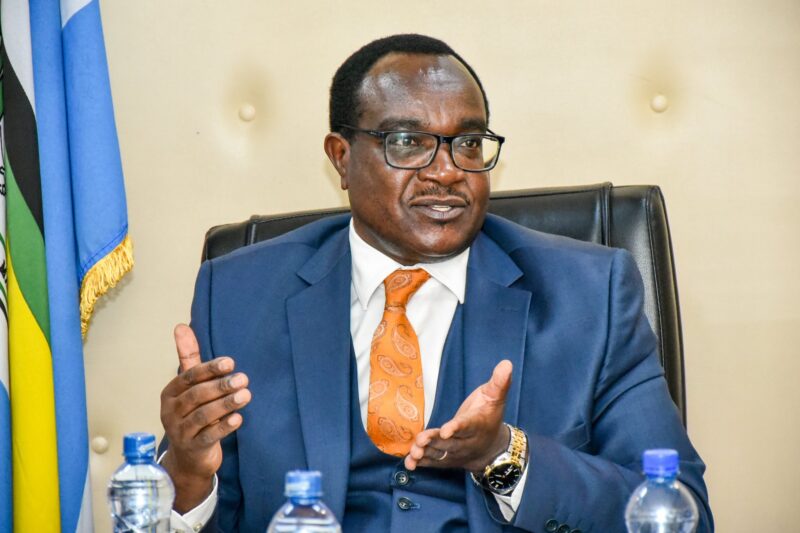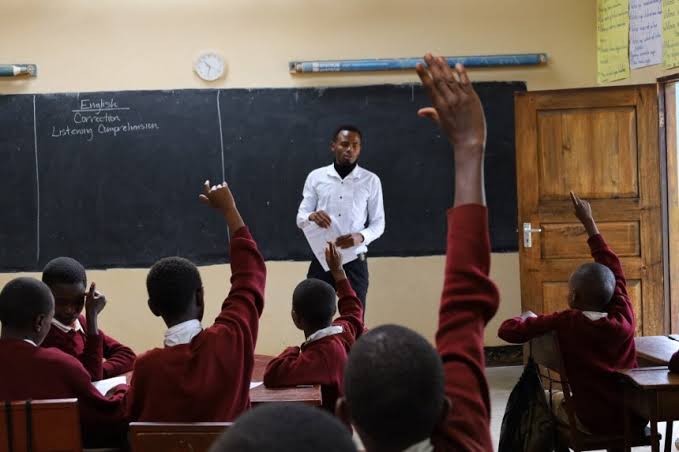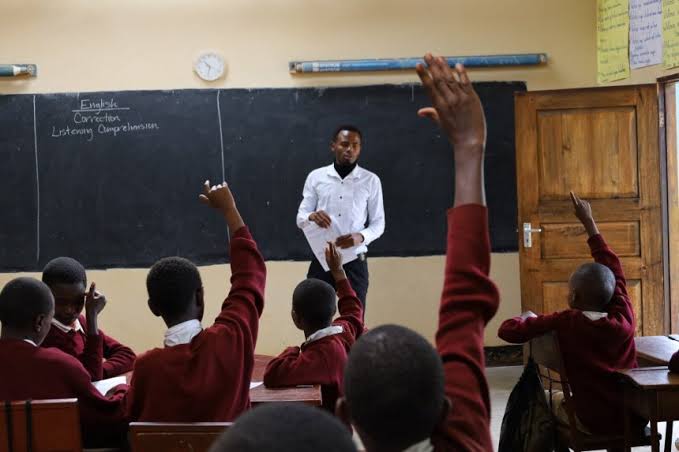
How to Apply for U.S. Scholarships in 2025 – Step-by-Step Guide for International Students
Learn how to apply for scholarships to study in the United States in 2025. Discover top programs, eligibility, and tips to increase your chances…

Learn how to apply for scholarships to study in the United States in 2025. Discover top programs, eligibility, and tips to increase your chances…

Discover the best and legal ways to go to the United States of America in 2025. Learn how to get a U.S. visa, study…

Kenya to integrate private schools into the digital placement system, expanding senior school options for Grade Nine learners. The Ministry of Education has announced plans…

Ministry of Education pledges fair national school placements for Grade Nine learners through an AI-powered digital allocation system. The Ministry of Education has reaffirmed its…

Kenya introduces three senior school pathways — STEM, Arts and Sports, and Social Sciences — to align education with talent and career goals. As Kenya…

Kenya’s Ministry of Education launches a digital school allocation system using AI to ensure fair and transparent Grade Nine placement. The Ministry of Education has…

The Kenya Primary Schools Headteachers Association highlights major funding gaps between primary and junior schools amid the 2026 senior school transition. As Kenya gears up…

The Ministry of Education cautions schools against imposing hidden costs as it finalizes an affordable fee structure for Kenya’s senior schools. The Ministry of Education…

Parents express financial and placement concerns ahead of the 2026 senior school rollout under the Competency-Based Curriculum. With Kenya preparing for its first senior school…